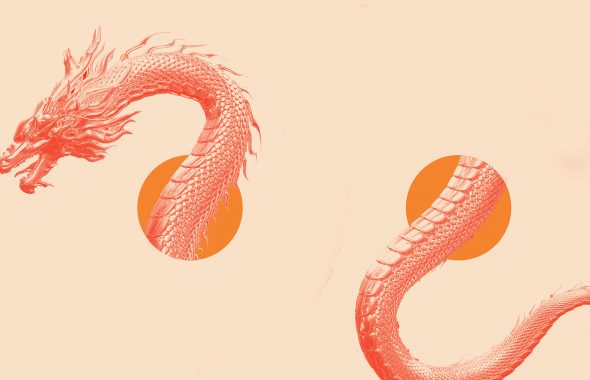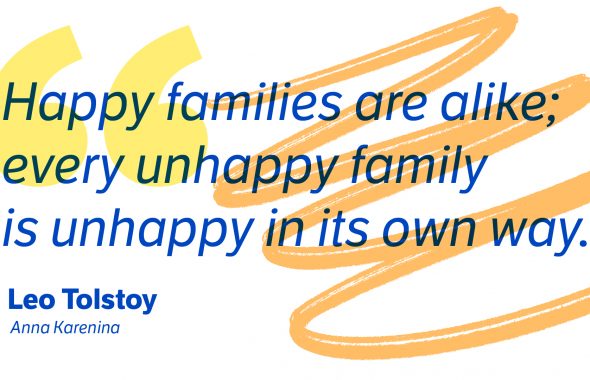… and the people have spoken!
We’ve tallied the thousands of responses we received for our People’s Choice 2020 Word of the Year, and the results are, well, unprecedented. That’s right, the top submission was unprecedented, just edging our own official selection for Word of the Year, pandemic. Is it just us, or are we sensing a pattern here?
Find out exactly why we chose pandemic as our 2020 Word of the Year.
Now, we know many of you might be thinking: you don’t want to hear or see the word unprecedented ever again. And from our perspective as a dictionary, that’s just the point. We named unprecedented our top trend for November, and as we explained, the word exploded in frequency and usage this year—so much so that it became clichéd. From emails to advertisements to headlines, unprecedented mushroomed as the go-to way we characterized the exceptional circumstances of the year. And this overfamiliarity, if not overuse, has prompted the popular sentiment that we should send the word into retirement.
But in 2020, unprecedented is the word that just won’t go away.
Our “unprecedented fatigue” provides a fascinating example of our collective sensitivity and awareness of language, the life cycle of words in culture, the way that language mediates social experiences, and how complaining about words provided welcome relief in a trying year. Not that peeving about language is, ahem, without precedent.
Runners-up
Coming in third was lockdown, reflecting the prominence of public health measures in 2020, followed by chaos and its adjective form, chaotic. Chaos is defined as “a state of utter confusion or disorder.” And indeed, that’s a powerful summation of this—no, we’re not going to say it—extraordinary and difficult year.
If you think this definition of chaos makes a big statement, wait until you learn its earliest recorded meaning in English: “an immeasurable and formless void, infinite darkness.” The word derives from the Greek cháos, “the first state of the universe, the formless state of primordial matter,” personified as Darkness and Night and originally meaning “hole, empty space, yawning opening.” Now, we know our wardrobe has taken a real hit in 2020, but that’s laying it on a bit thick, ancient Greek.
Rounding out the top five is quarantine, a technical term that became essential to our everyday vocabulary this year. This choice has good company. We selected quarantine as our top trend for March, and our sister site, Lexico, also announced quarantine and its Spanish translation, cuarentena, as its inaugural Word of the Year for 2020.
Quarantine rose to the top as Lexico’s first-ever Word of the Year. Discover why.
Honorable Mentions
Echoing the above terms, the remaining submissions fell into two major categories. The first include the new or newly significant words that emerged and spread in our lexicon as a direct result of the pandemic. Forming up the second are words that characterize the lived experience of 2020.
The leading pandemic words may look familiar to you: Covid-19, social distancing, isolation, doomscrolling, corona, mask, Zoom, canceled, and their related forms and variants.
As for the experiential terms, many of them have a particular point of view—some more pointed than others, shall we say. Highlights are:
- tumultuous
- uncertain/uncertainty
- pandemonium
- sh*tshow
- challenging
- dumpster fire
- apocalypse/apocalyptic
- catastrophe/catastrophic
- upheaval
But it’s not all doom and gloom! Notable in our submissions are words that leave this unprecedented 2020 on a high note about the durability of the human spirit, tested as it has been in a year of so much loss and hardship: pivot, resilience/resilient, and hope/hopeful.
2021, are you listening?
Take a look at the original rules of the contest here.













